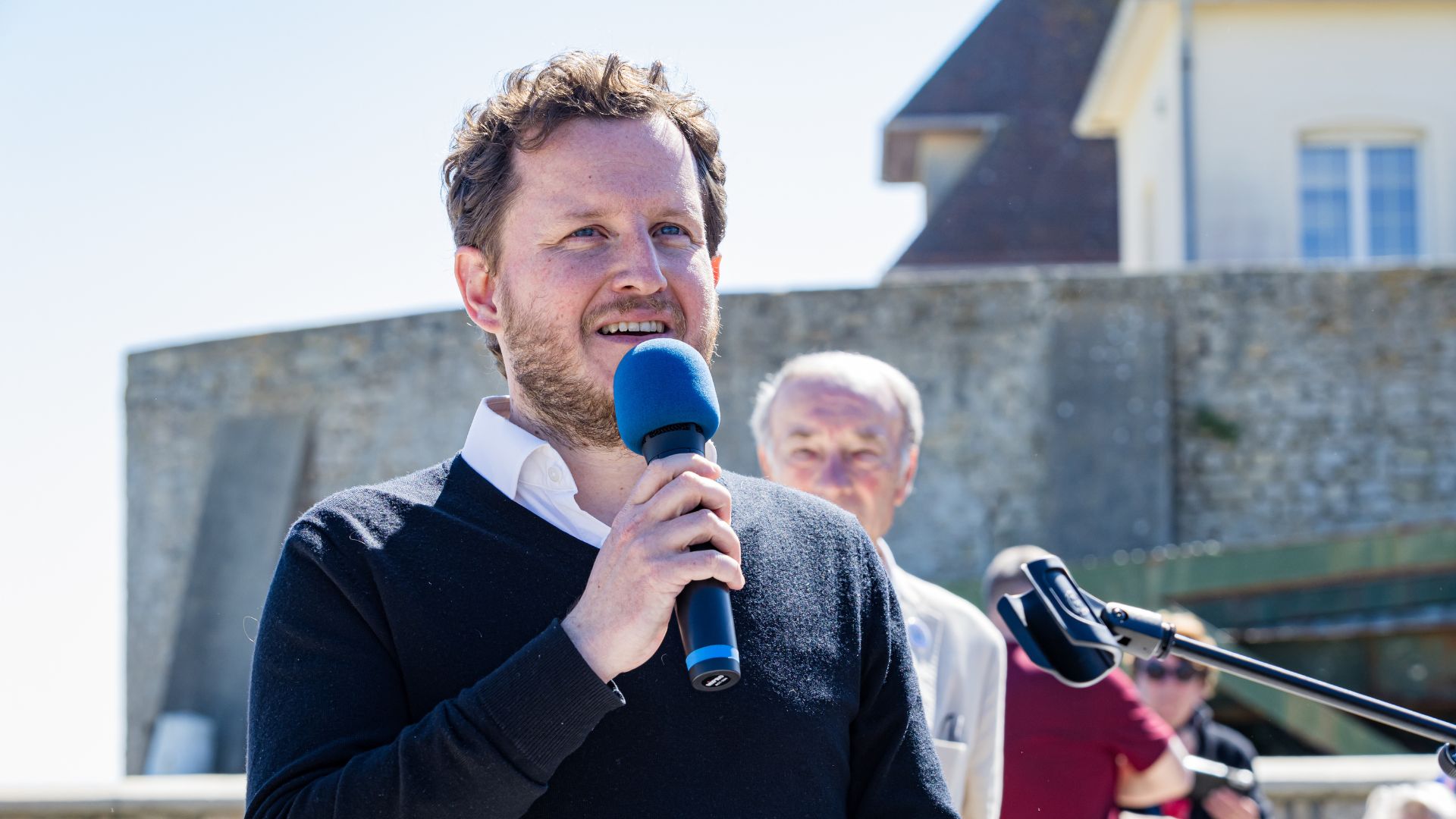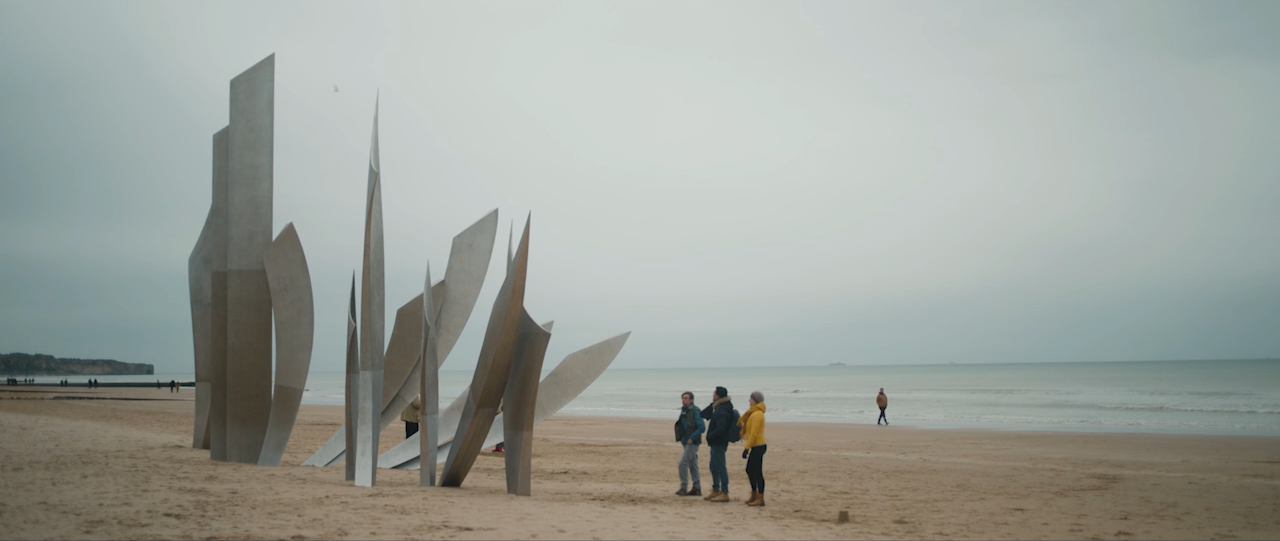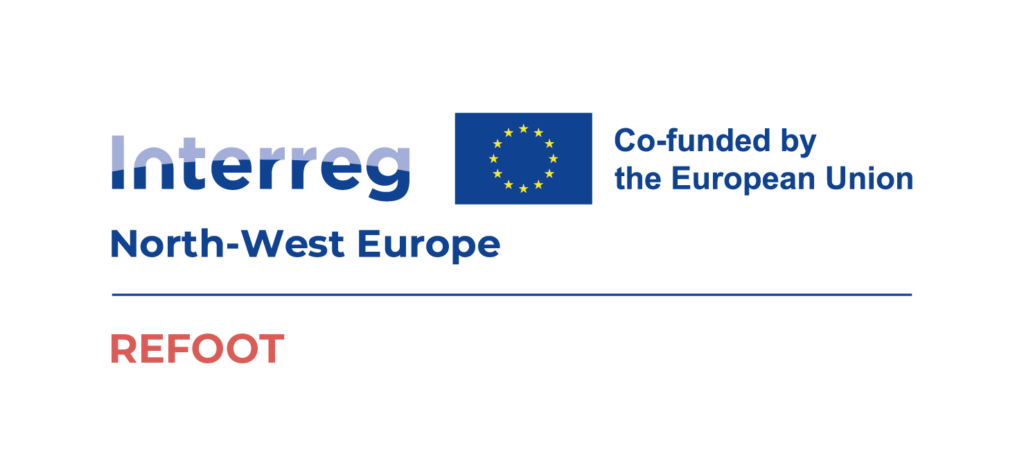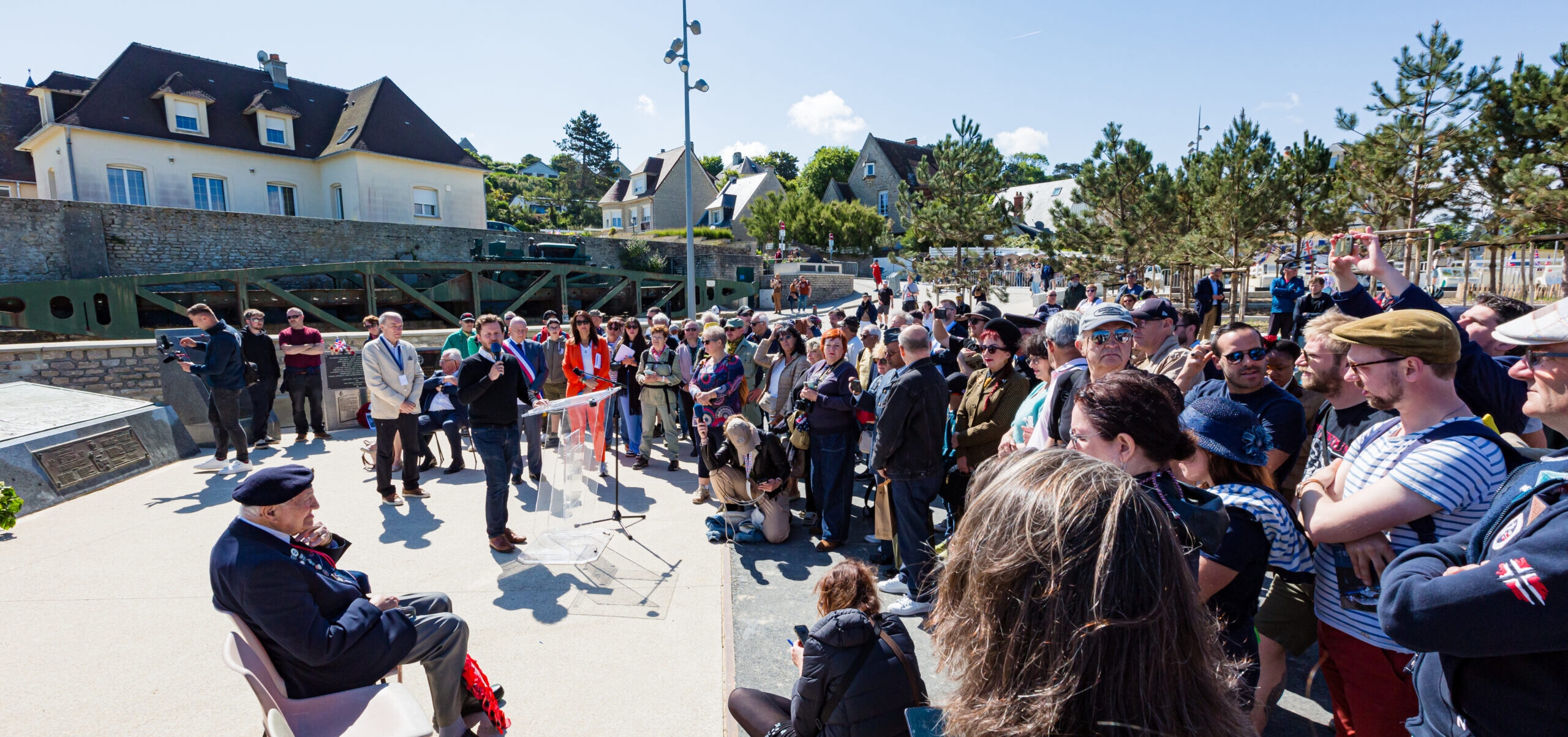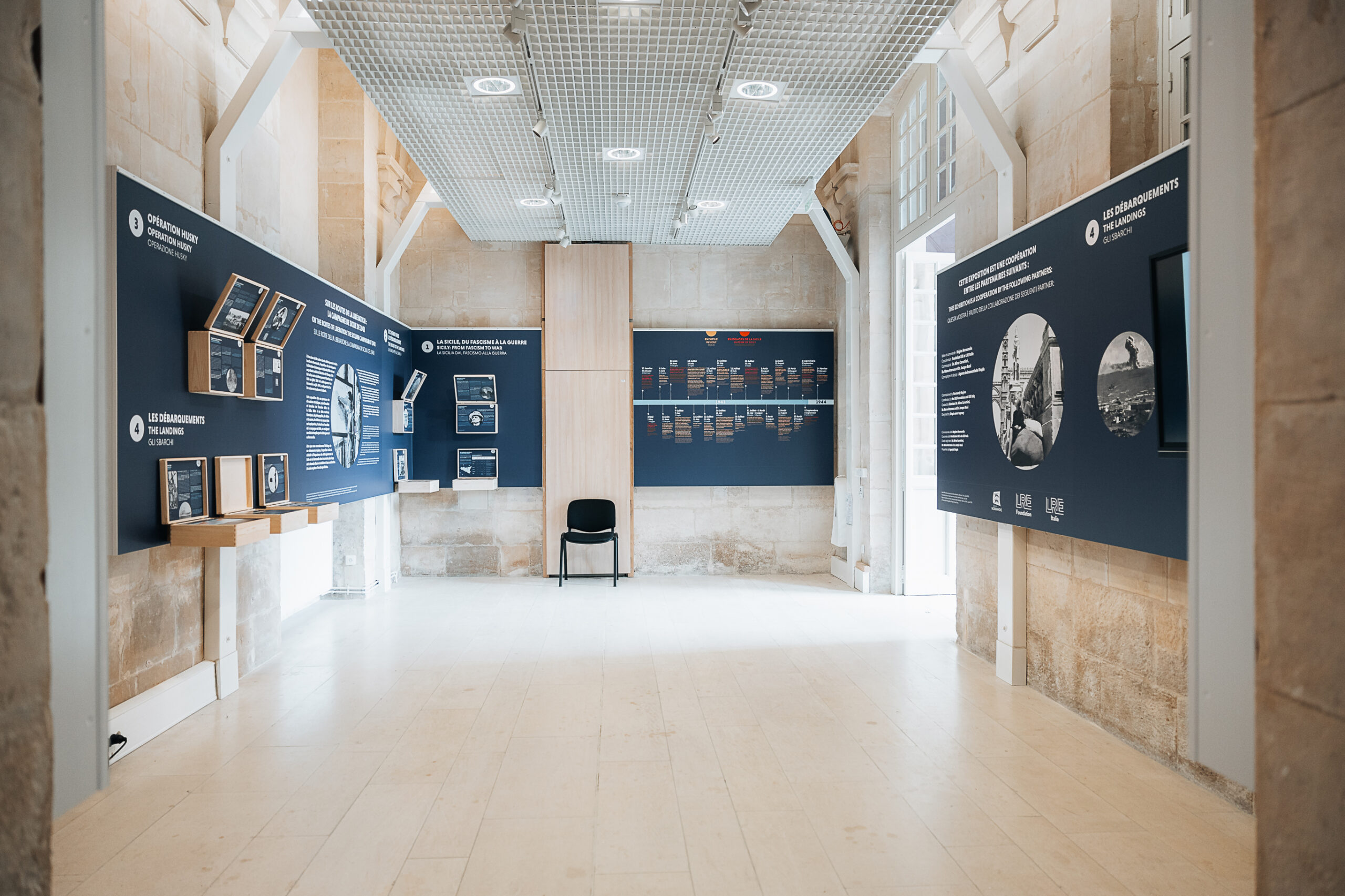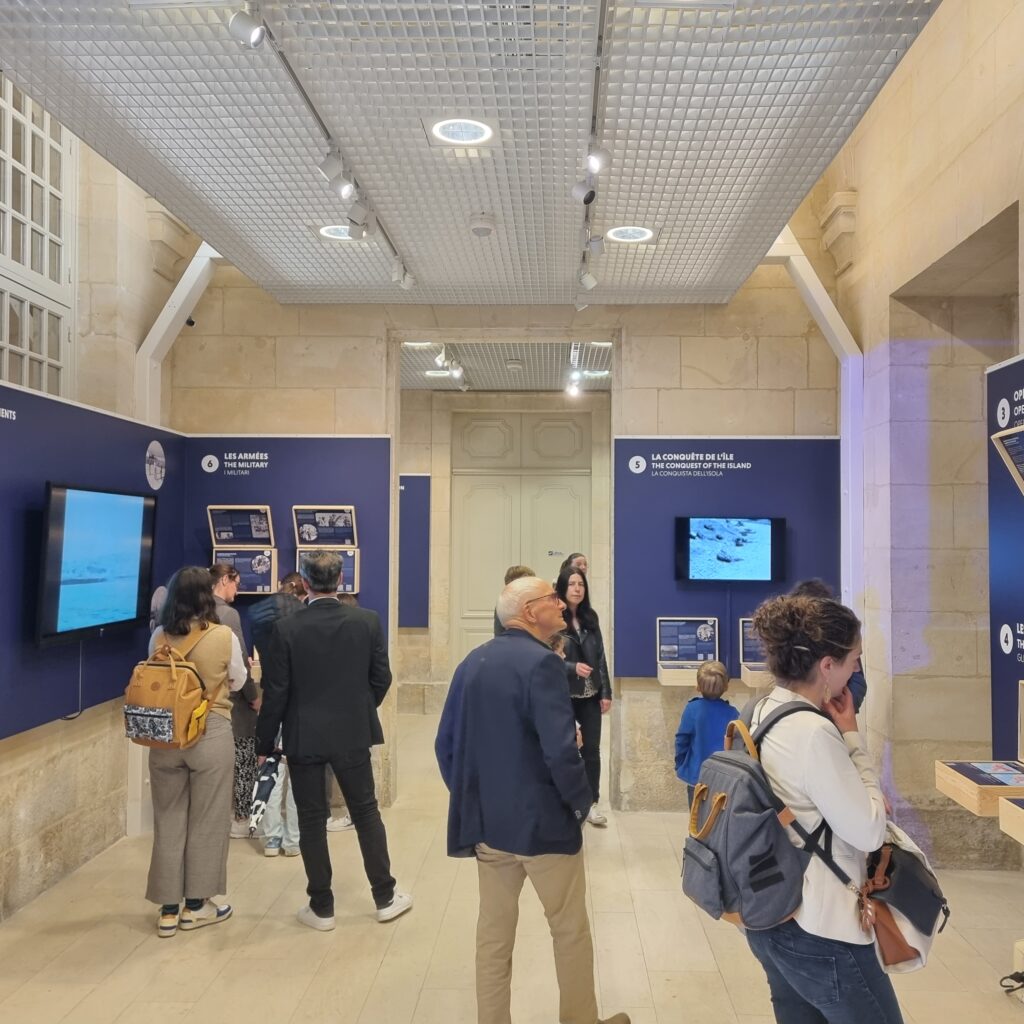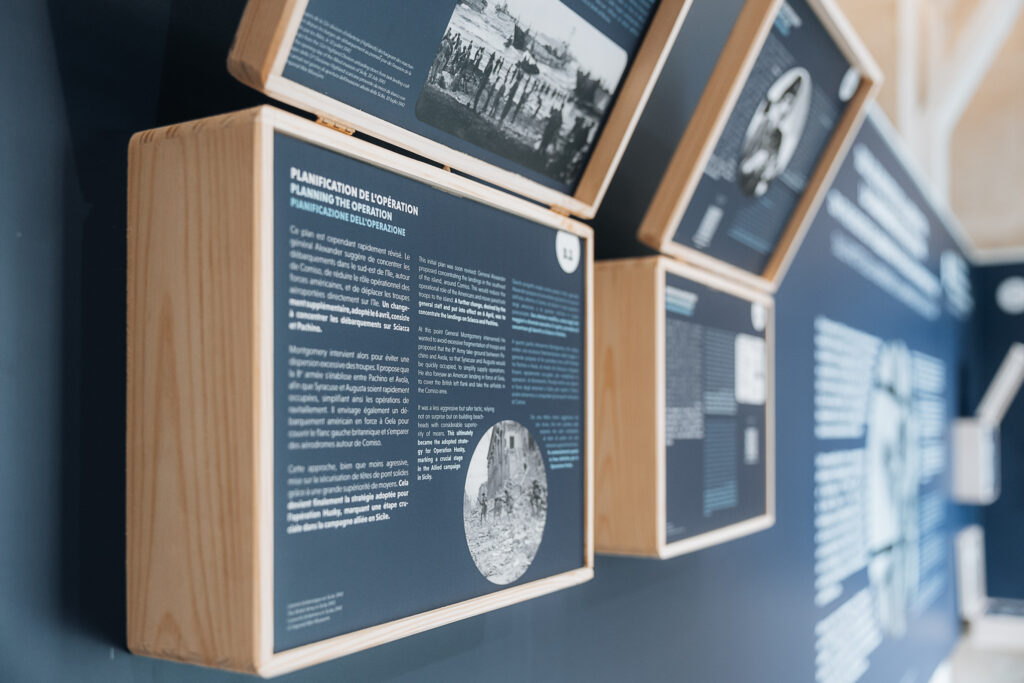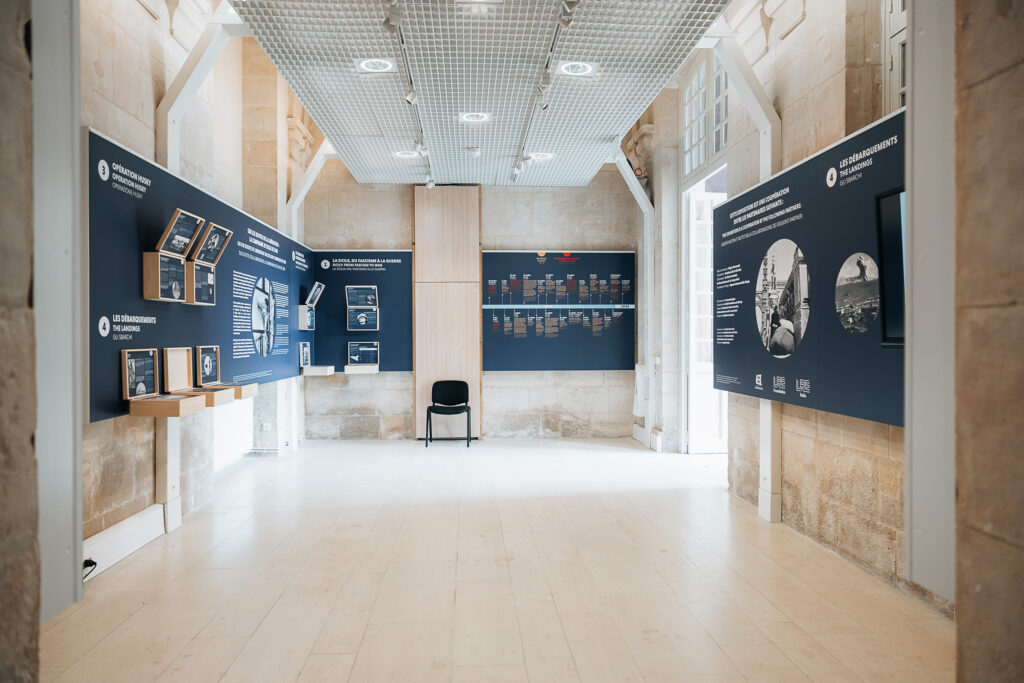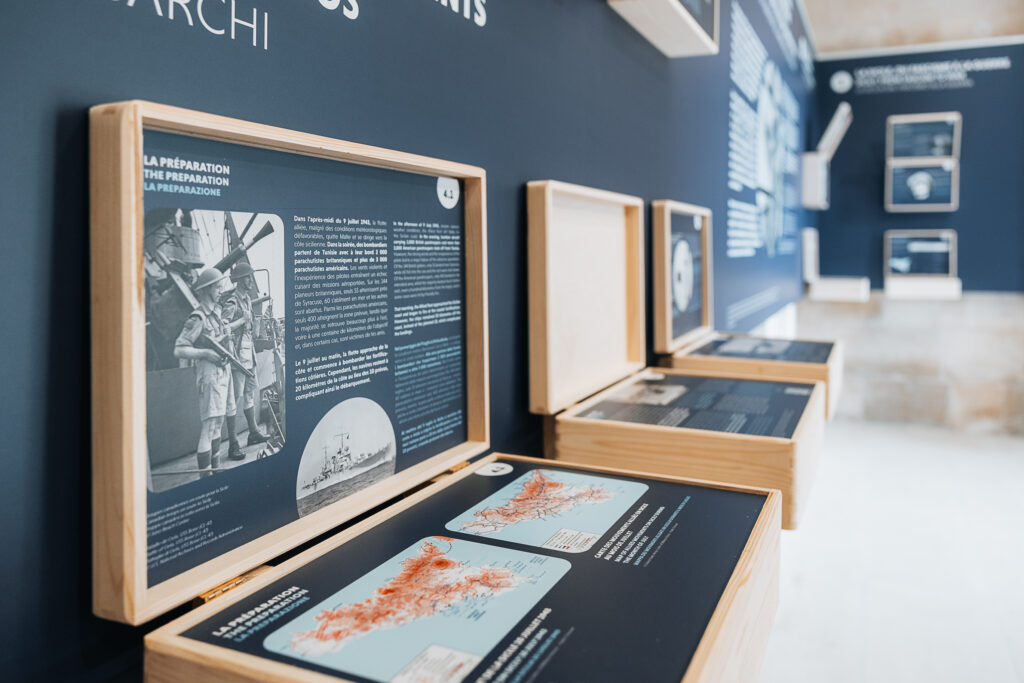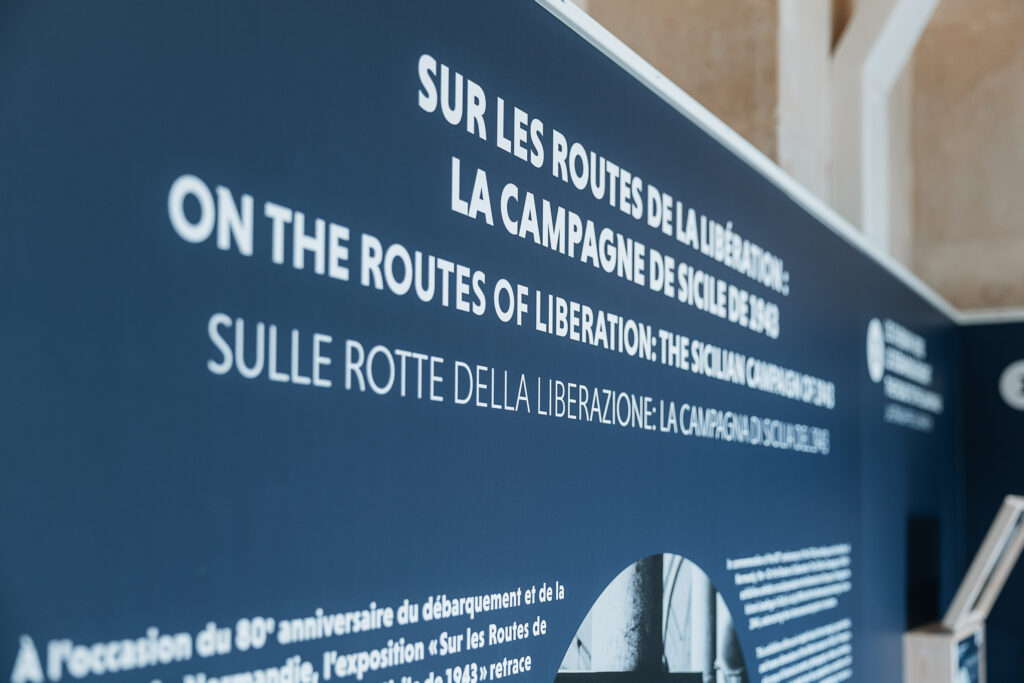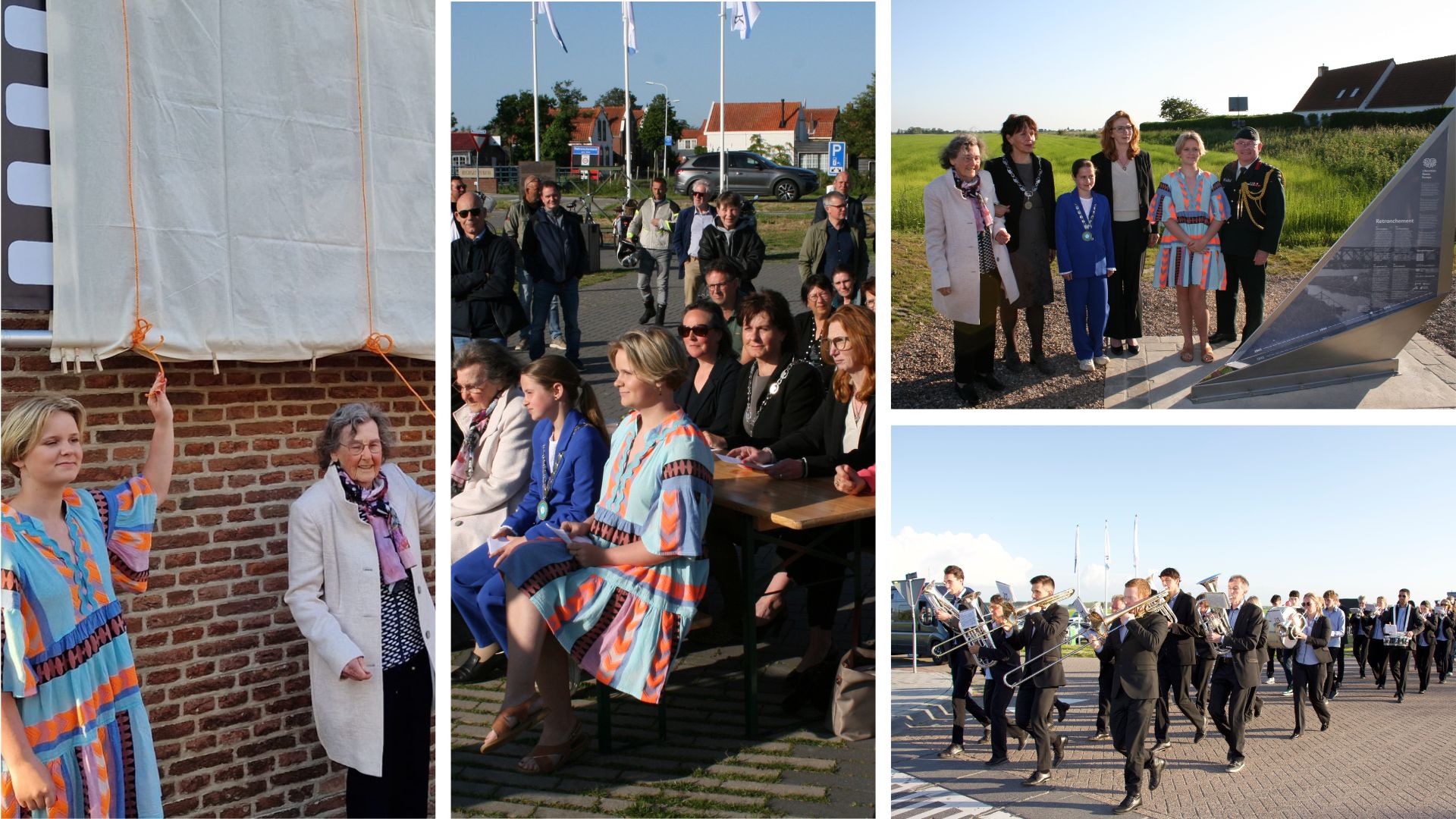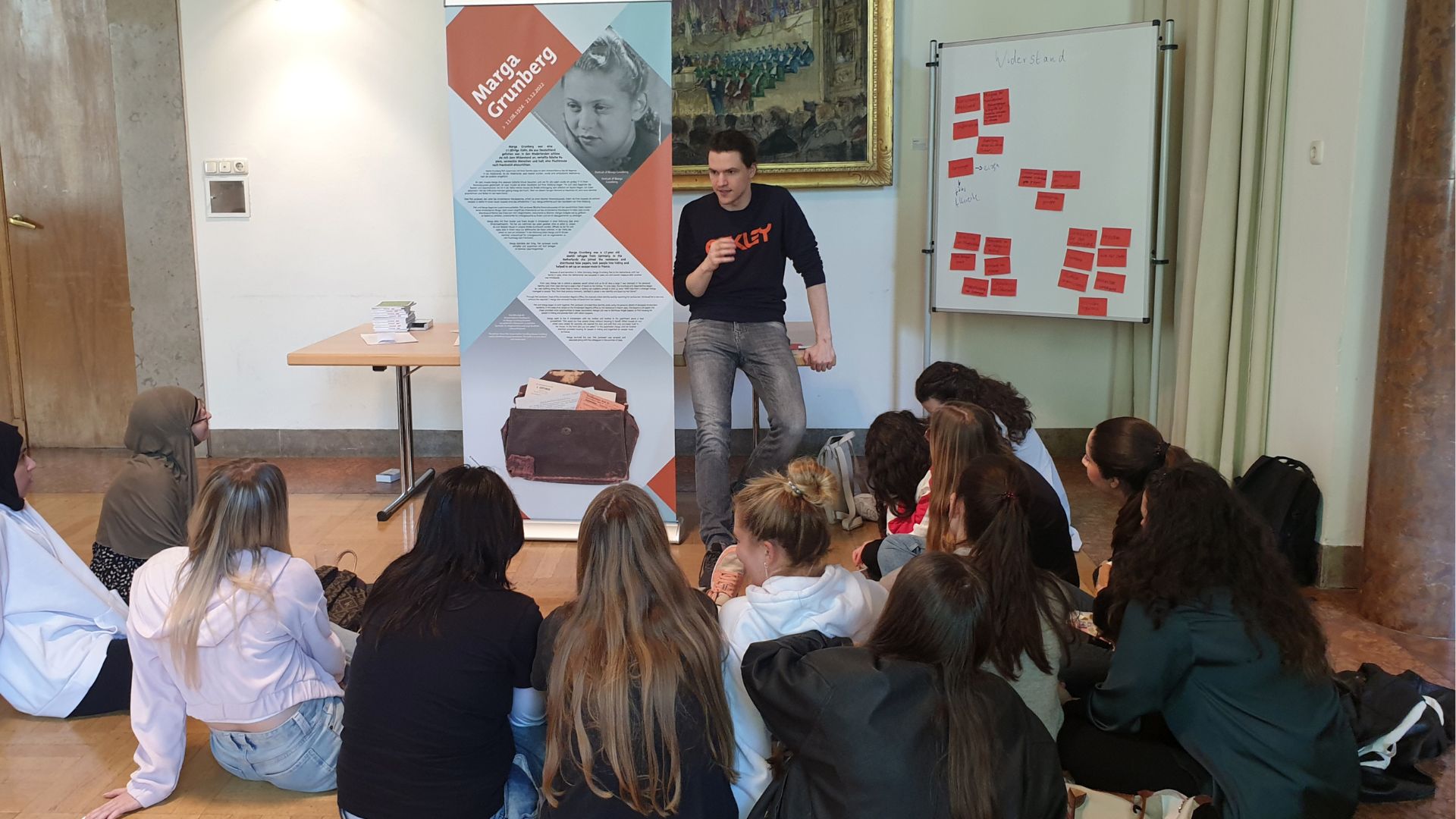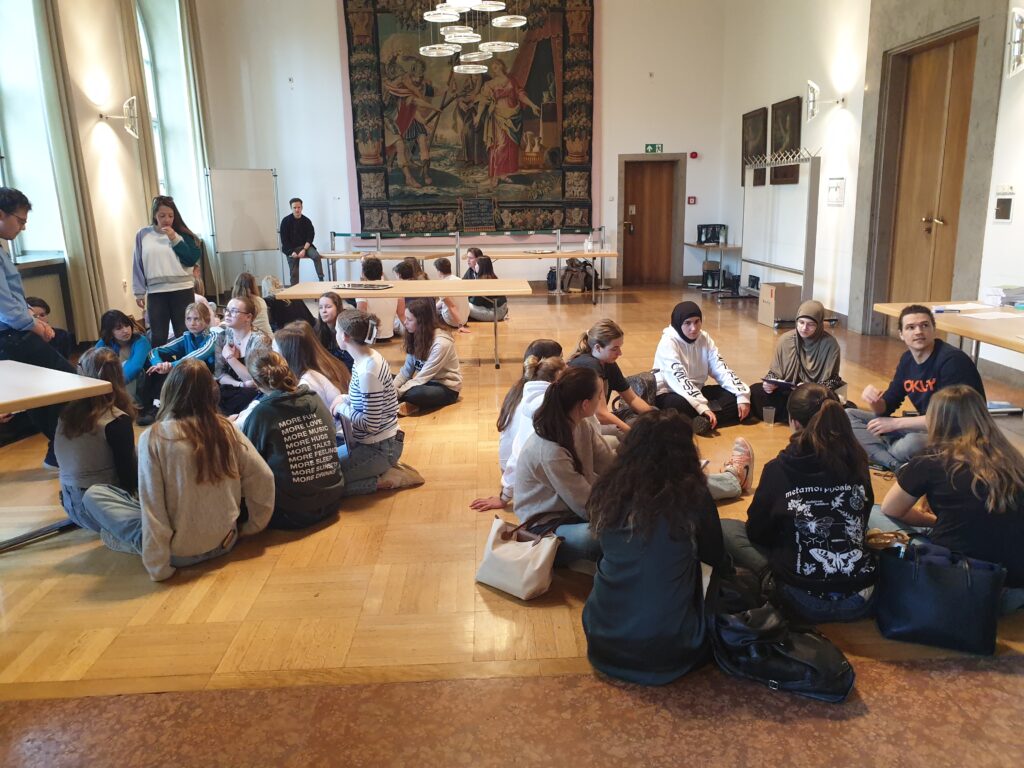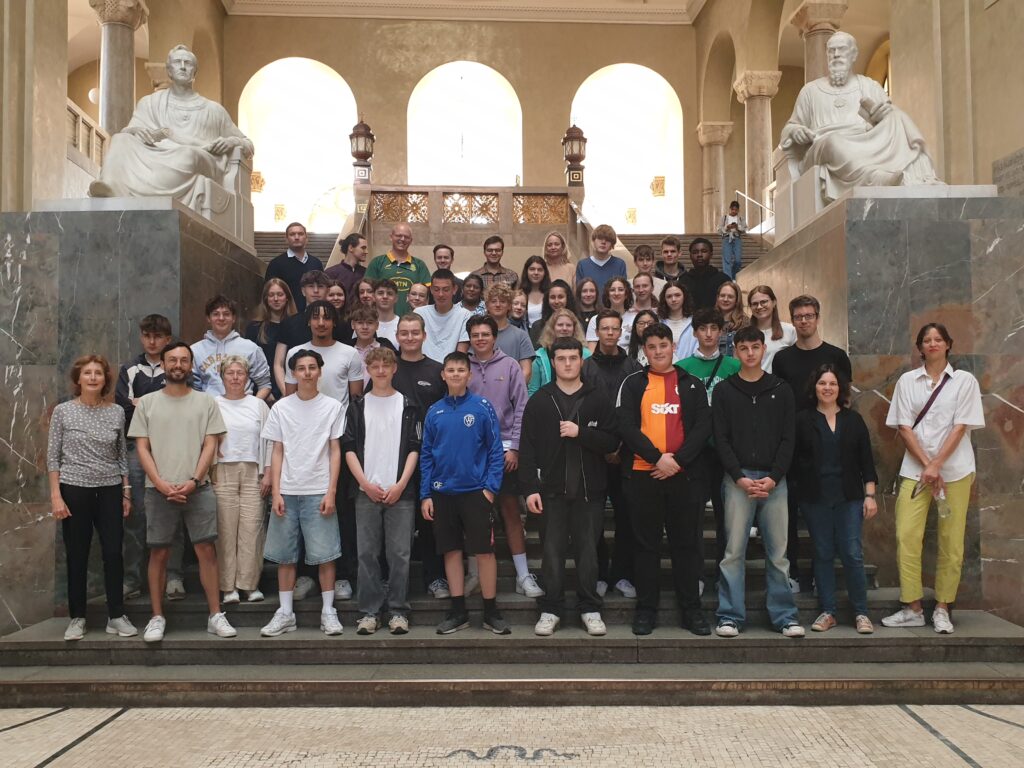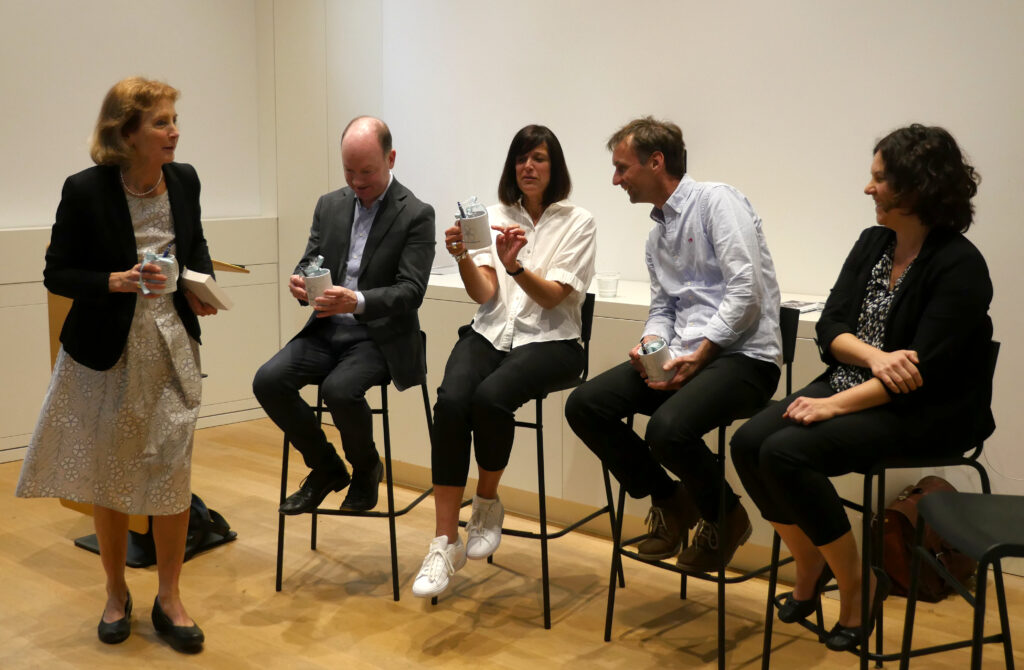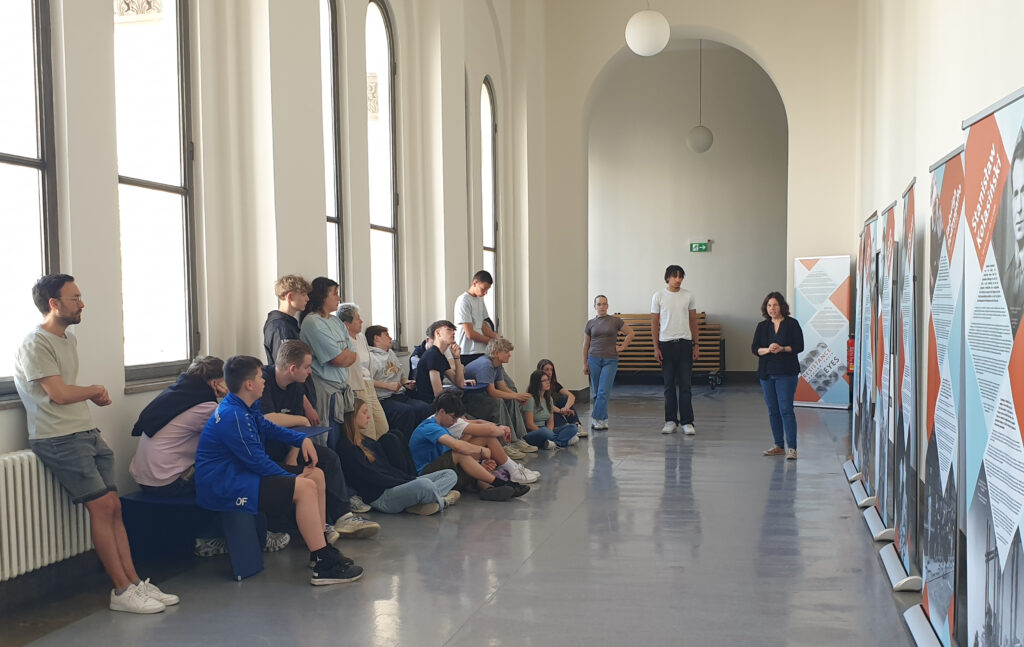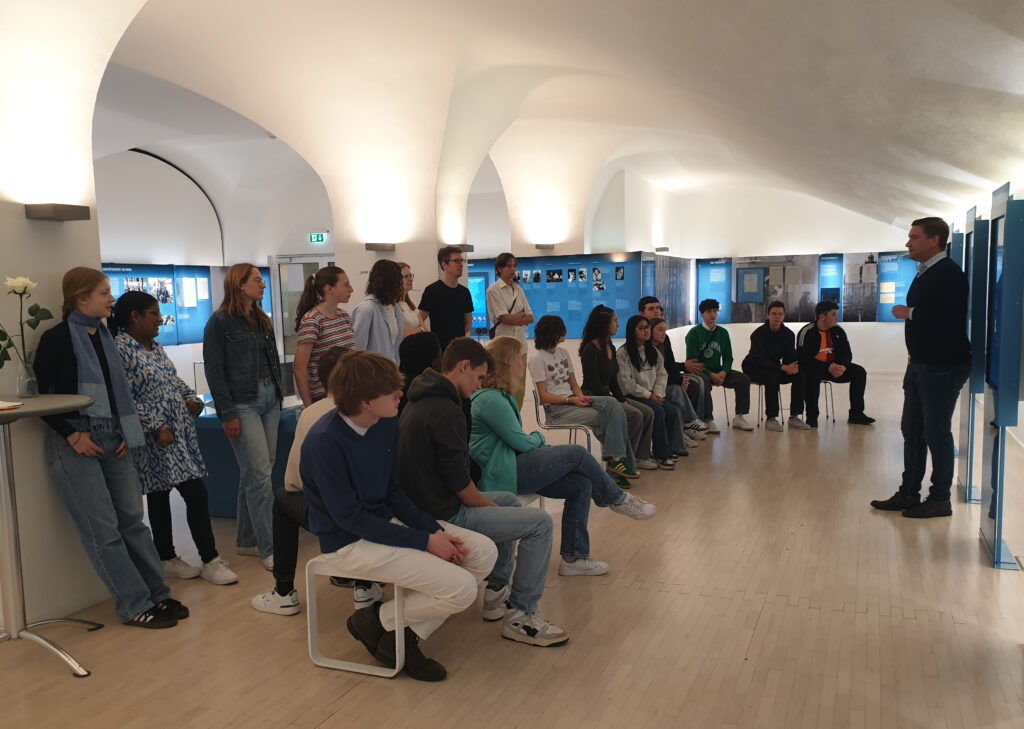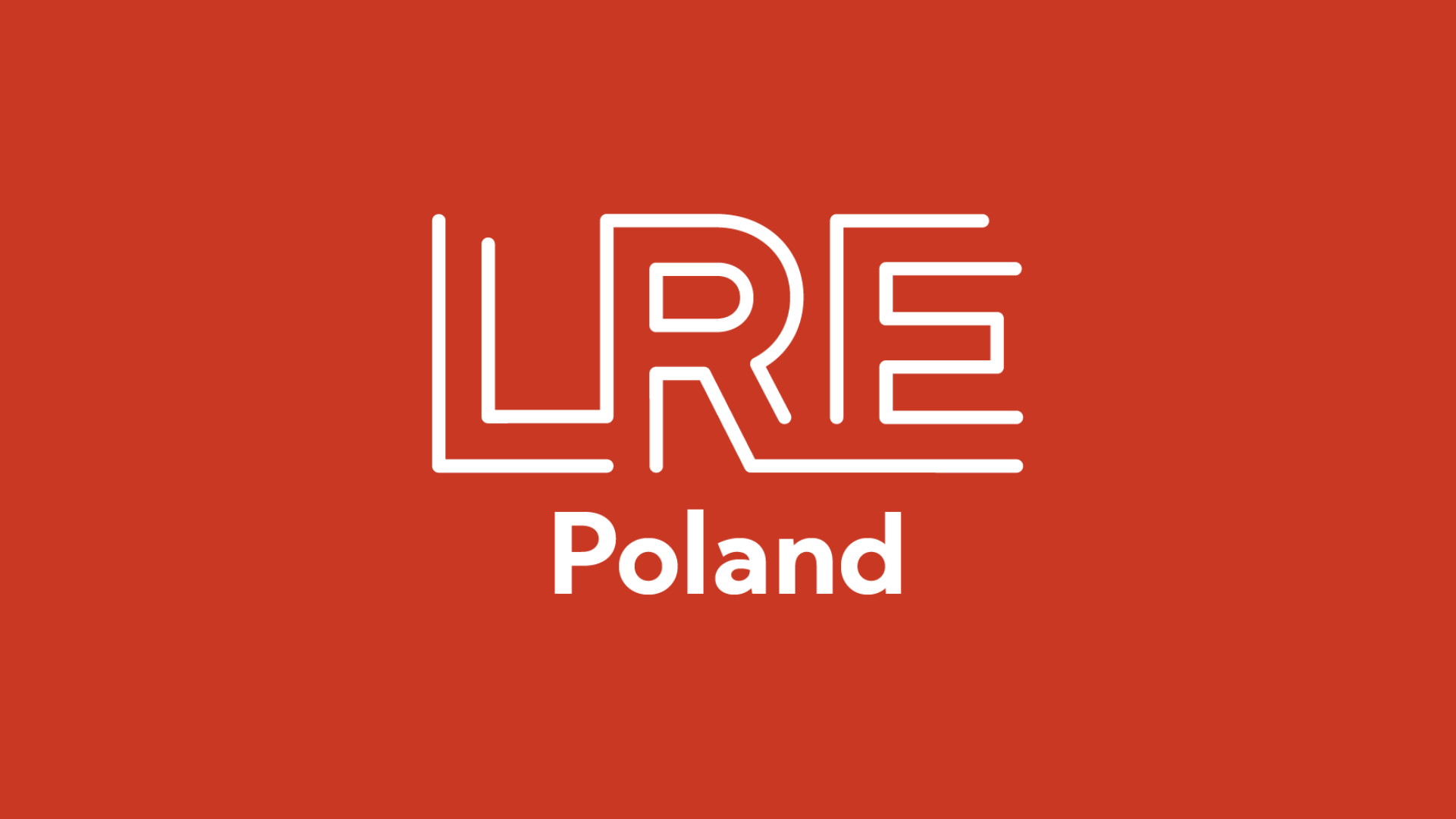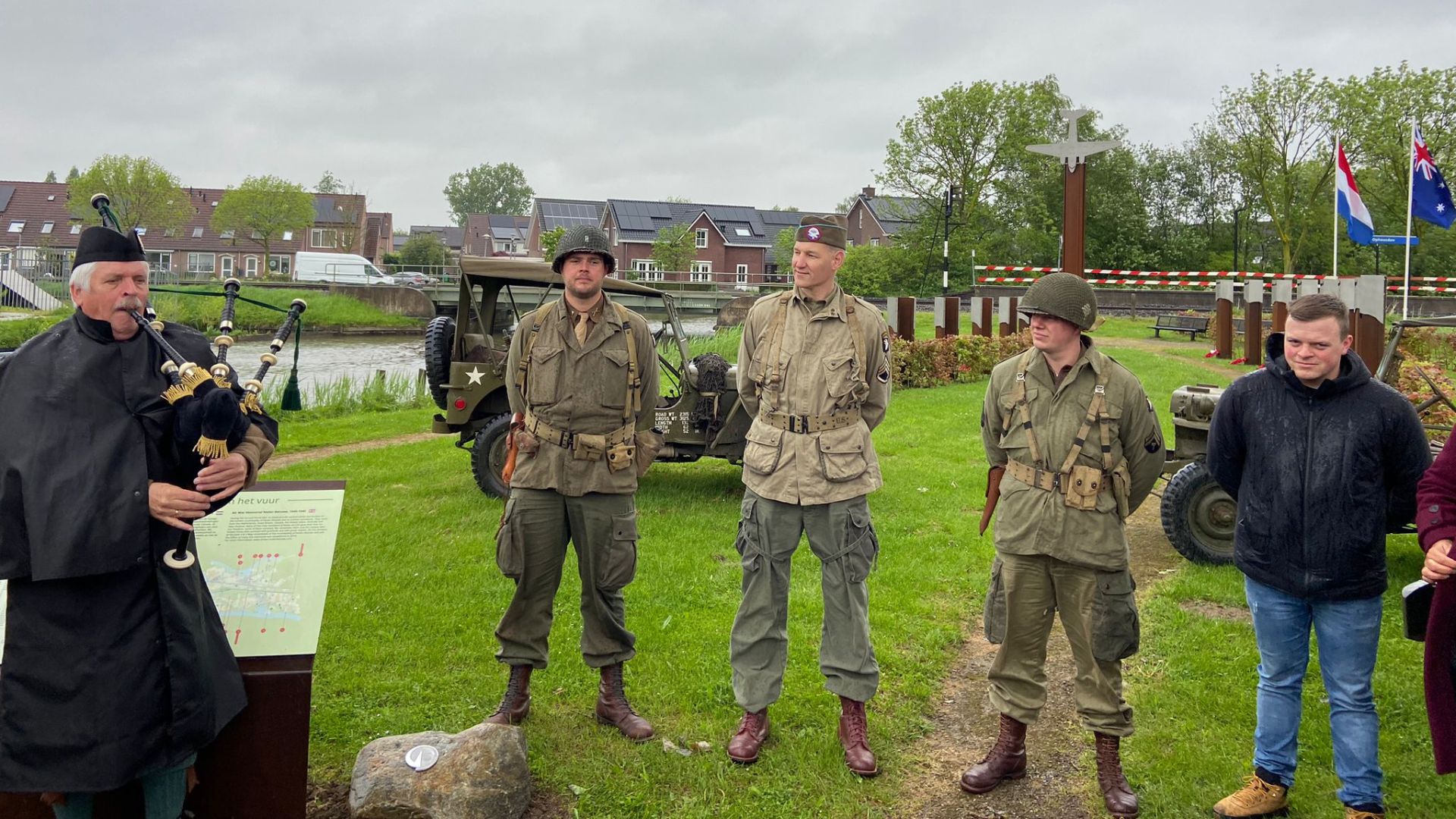On the 10-year anniversary of Liberation Route Europe, we interviewed LREF Managing Director Rémi Praud about the significance of LRE’s mission and key milestones to date.
He also shared with us what makes working in the remembrance sector so impactful and his recommendations for anyone interested in hiking or biking one of Liberation Route Europe’s Themed Routes across Europe.
If you look back at the year 2014 when Liberation Route Europe was first launched on an international level, what were your hopes and dreams for the project, and do you feel like they have been achieved?
My hopes and dreams for the project were both ambitious and heartfelt. I envisioned the Liberation Route Europe becoming a dynamic and impactful way to preserve and promote the history of World War II.
One of my primary hopes was to create a network that not only educates but also inspires. I dreamed of a route that would bring together diverse communities, foster international cooperation, and promote a shared understanding of our collective history, from a multi-perspective approach. I wanted visitors from all walks of life and from all over the world to be able to walk these paths, learn about the past, and reflect on its relevance for our present and future.
Looking back now, I can proudly say that many of these dreams have been realized. The Liberation Route Europe has grown into a respected and influential initiative that spans multiple countries and engages a wide audience. We have successfully established a network of sites, museums, and memorials that are deeply intertwined with the stories of the war.
While there is always more to be done, I feel confident that we have made significant strides toward achieving the hopes and dreams that ignited the launch of Liberation Route Europe. The journey continues!
Which of the milestones that Liberation Route Europe has reached in the last ten years are you most proud of?
One of the milestones I am most proud of is the creation and installation of the Vectors of Memory. This project, in collaboration with the renowned architect Daniel Libeskind, has been a monumental achievement for the Liberation Route Europe. The Vectors of Memory are a series of unique markers placed at significant sites across Europe, each telling a powerful story of the events and experiences of World War II. Working with Daniel Libeskind has been an incredible honour, and his visionary design has brought a profound artistic and emotional depth to the project. These markers not only commemorate the past but also serve as a bridge connecting history with the present, encouraging reflection and remembrance.
Another significant milestone is the launch of our themed routes. These routes are an innovative way to connect the transnational aspect of Liberation Route Europe to the local level. They allow visitors to explore specific themes related to World War II, providing a more immersive and focused experience and contributing to a broader understanding of the war’s impact on different regions and communities.
These milestones, among others, highlight our continuous efforts to preserve and promote the history of World War II in a meaningful and impactful way.
What are the challenges of working in the remembrance sector? Especially regarding the current political tendencies in Europe – what do you think makes Liberation Route Europe’s message so important?
The remembrance sector faces several significant challenges, particularly in light of the rise of extreme right parties, the ongoing war in Ukraine, and the broader threats to our democracies, which pose unique difficulties in our field of work.
One of the main challenges is the growing polarization and the resurgence of nationalist sentiments. As extreme right parties gain traction, there is a concerning trend of historical revisionism and the glorification of divisive ideologies. This makes the work of remembrance and education more crucial than ever. We must ensure that the true history of World War II, with all its complexities and lessons, is preserved and conveyed accurately to counteract these narratives.
The war in Ukraine has also underscored the fragility of peace and the importance of remembering the past. The conflict reminds us that the horrors of war are not confined to history books but can resurface in our present day. This situation amplifies the importance of Liberation Route Europe’s message of peace, unity, and the value of democratic principles.
The broader threats to our democracies, including misinformation and the erosion of democratic norms, pose a challenge to the remembrance sector. In this context, Liberation Route Europe’s role is vital in promoting critical thinking and historical awareness. By educating people about the past, we equip them with the knowledge to recognize and resist the signs of democratic backsliding.
Can you tell us some things about the upcoming projects and campaigns for the rest of 2024? Which ones are the next milestones you want to see the Liberation Route reach in the future?
Firstly, we will be developing more themed routes and content, extending our presence to new regions and countries. This expansion will not only grow our network but also strengthen the Liberation Route community. The new routes and Vectors of Memory will provide fresh perspectives into the events of World War II and recognizable links between diverse regions, fostering a deeper understanding and appreciation of our shared history.
Secondly, we are in the process of adapting and enhancing our digital infrastructure, including our website and mobile application. Our goal is to make the user experience even more engaging and accessible. This digital transformation is crucial in reaching a broader audience and making our resources more accessible to people around the world.
In addition, we have recently launched a podcast series and are committed to enriching our audio content offerings. These podcasts provide an intimate and immersive way to experience the stories of World War II, featuring interviews with historians, personal accounts from veterans and witnesses, and expert analyses. We believe that audio content is a powerful tool for education and engagement, and we are excited to continue expanding this aspect of our work.
Beyond these projects, our focus will be on ensuring that our efforts have a meaningful impact. We are dedicated to encouraging more people to walk and cycle our trails, learn about history, and engage in thoughtful reflection and discussion. Our aim is not only to provide historical information but also to inspire conversations and connections among visitors. By doing so, we hope to foster a community that values remembrance and is committed to preserving the lessons of the past.
Which of our themed routes have you hiked already, and which recommendations would you give to anyone who is interested in following the trails?
I have had the pleasure of hiking several of our themed routes, and each one offers a unique and enriching experience. One of the most remarkable routes I have walked is the Along the D-Day beaches route. This trail is truly outstanding, with stories embedded in every step you take. The breathtaking views and the profound historical significance make it a must-visit for anyone interested in World War II history. It’s perhaps an obvious choice, but it never fails to leave a lasting impression.
Another route I highly recommend is the Operation Market Garden Cycling Route. This trail is not only rich in history but also incredibly engaging and scenic. It starts from Leopoldsburg in Belgium and stretches all the way to Arnhem. Cycling through these locations, you can vividly imagine the events that unfolded, making it an immersive and memorable experience.
Closer to home, I am particularly fond of the trails in the Belgian and Luxembourg Ardennes, as well as the Hürtgen Forest. These areas offer peaceful routes through beautiful landscapes, providing a perfect blend of nature and history.
Our aim is to create local routes in cities, both small and large, to encourage people to discover or rediscover their local history. This initiative allows individuals to connect with their own communities in a meaningful way, uncovering stories that may even be linked to their own family histories. By bringing these narratives to life, we hope to make these sites speak, enriching our understanding of the past and its impact on our present and future.
Is there anything you would like to say to our partners and members?
To our esteemed partners and dedicated members, I would like to extend my deepest gratitude for your unwavering support and commitment to the Liberation Route Europe. Your contributions have been instrumental in shaping our journey over the past decade and have enabled us to achieve remarkable milestones.
Your collaboration and enthusiasm have helped us expand our network, enhance our educational initiatives, and preserve the memory of World War II in meaningful and impactful ways. Together, we have created a community that not only commemorates the past but also inspires future generations to understand and reflect on the importance of peace, freedom, and democracy.
